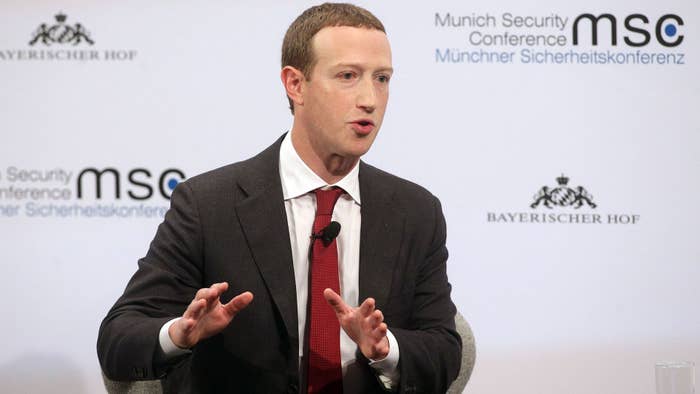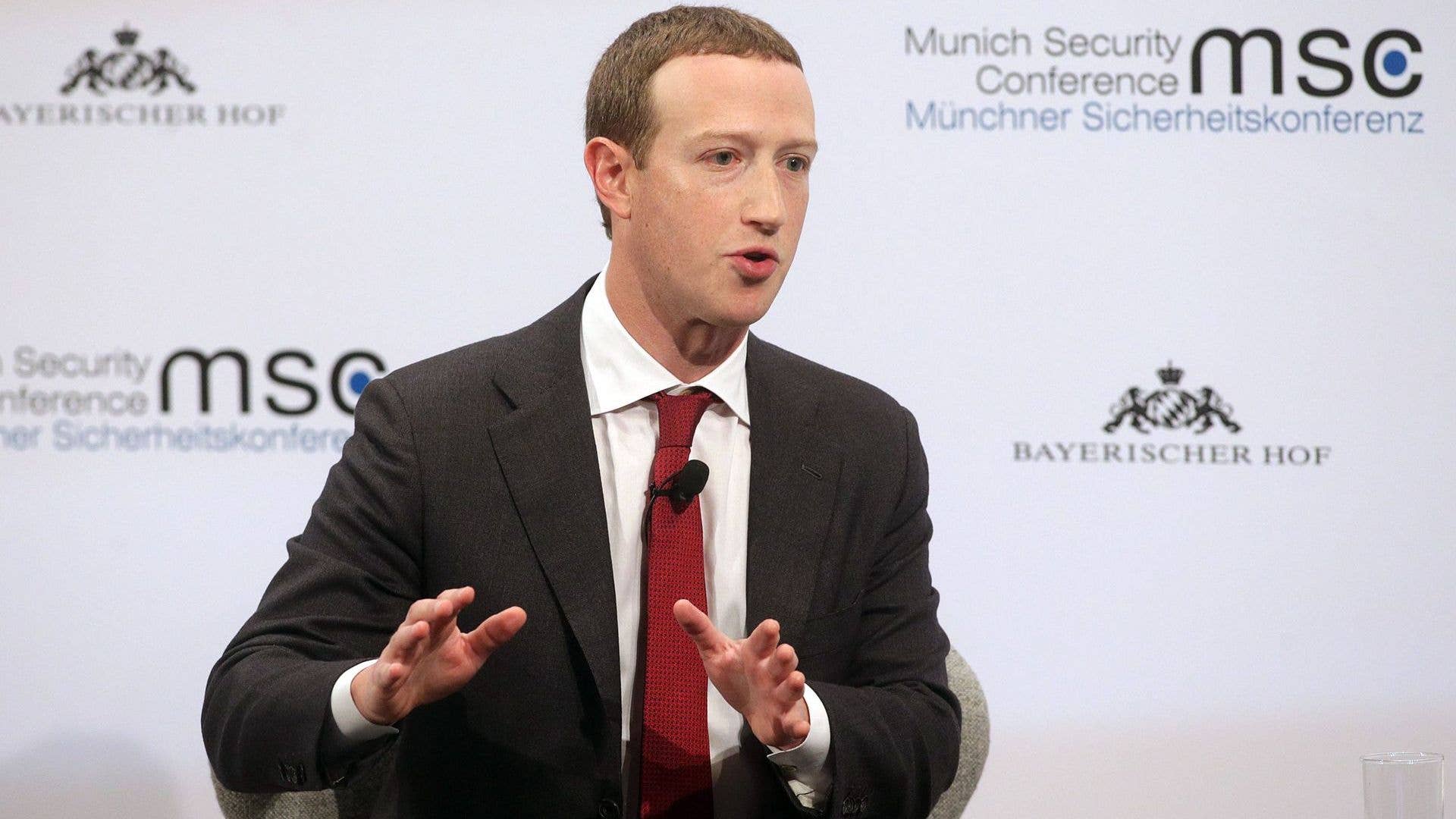
Facebook is losing some technology that focuses on, well, faces.
The company announced Tuesday that it will shut down its facial recognition system, which spots users’ faces automatically in photos and videos.
“Regulators are still in the process of providing a clear set of rules governing its use,” Jerome Pesenti, vice president of artificial intelligence at Facebook, wrote in a blog post. “Amid this ongoing uncertainty, we believe that limiting the use of facial recognition to a narrow set of use cases is appropriate.”
Facebook—with its parent company now going by Meta Platforms Inc.—claims the change, which is in response to user concerns, will remove “facial recognition templates” for over 1 billion people.
Over 600 million accounts—more than a third of users—reportedly opted into the use of the face recognition technology.
This will also impact the automatic alt text technology that assists those who are blind or visually impaired.
“Every new technology brings with it potential for both benefit and concern, and we want to find the right balance,” Pesenti wrote. “In the case of facial recognition, its long-term role in society needs to be debated in the open, and among those who will be most impacted by it. We will continue engaging in that conversation and working with the civil society groups and regulators who are leading this discussion.”
The system’s removal comes as social media users have shared criticism over people being falsely identified as taking part in crimes, and concerns about such tech recognizing white faces over people of color, Reuters shares.
Meta will still consider such recognition for those looking to avoid fraud and impersonation to access their accounts, but will “continue to be public about intended use, how people can have control over these systems and their personal data.”

